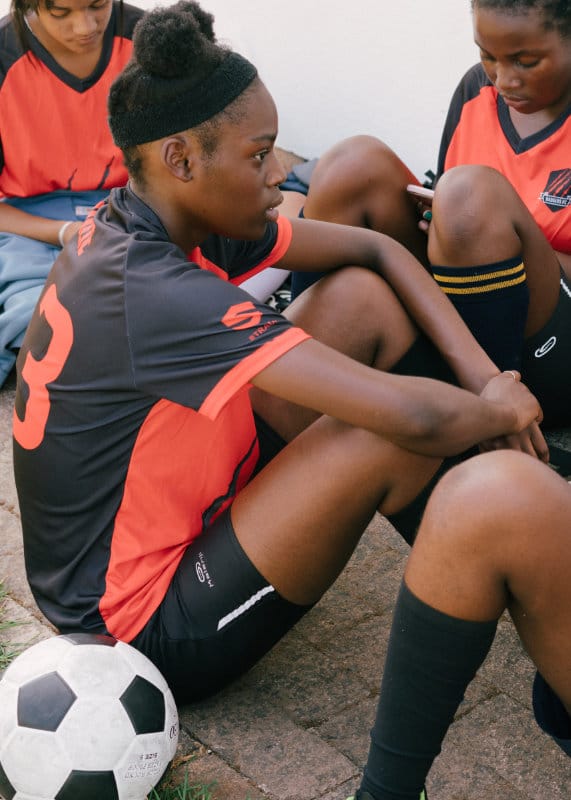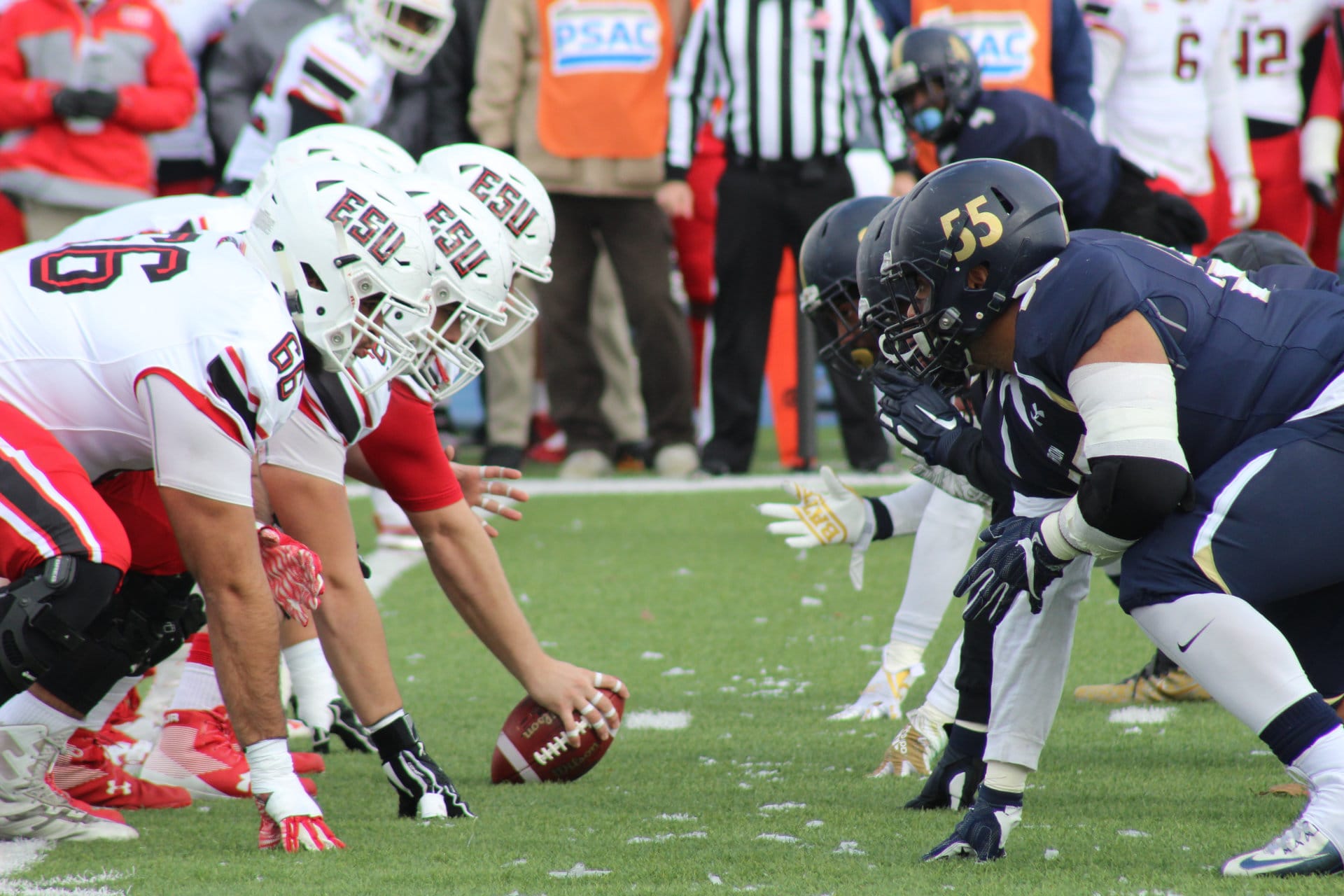Team sports are an excellent way to develop social skills whether introverted or extroverted. Team sports can help you become more comfortable in social situations.
The power of team sports is not just limited to the individual level: they also can build communities and bring people together.
The Benefits of Team Sports
Team sports are an excellent way to develop social skills and build confidence. They can also help you develop empathy, connection and leadership skills. Team sports also have the potential to strengthen communities by bringing people together in a positive space where they can share their love of sports with others who may be experiencing similar challenges or joys in life.
An important benefit of team sports is providing a safe space where participants feel accepted regardless of age, gender identity, race or ability level (or lack thereof).
This inclusive environment often encourages shy people who might otherwise struggle socially to come out from their shells and make new friends – making it easier for them later when meeting strangers outside the gym!
Team Sports and Mental Health
Team sports can help reduce stress and anxiety. A study published in the journal Psychology of Sport and Exercise found that participants who played team sports had lower levels of cortisol, a hormone released in response to stress, than those who didn’t play.[1]
The benefits don’t stop there: Team sports also help boost self-esteem and self-confidence.
Research shows that playing on a team increases your sense of belongingness (the feeling you belong) and your level of self-worth or esteem. This means you’re more likely to feel good about yourself when playing than if you were doing something else alone or with friends who aren’t involved in any activity together!

Team Sports and Physical Health
Team sports like basketball and soccer can help improve cardiovascular health.
Running around a field or court is an excellent exercise for your heart and lungs. This type of activity will also strengthen muscles in the lower body that are often neglected by those who spend most of their time sitting down or standing still (like office workers).
Playing on a team requires you to move quickly from one position to another- a valuable skill for everyday life!
Team Sports and Social Skills
Team sports can help improve problem-solving skills.
When you’re part of a team, you must work together to solve problems and find solutions. You must listen to your teammates and consider their ideas when making decisions. This is also great practice for effectively communicating in other areas of your life!
Team sports can also help improve decision-making skills by forcing players to make quick decisions under pressure- a skill highly valued in any job setting today.
If there’s ever been a time when you’ve made a snap decision at work or school (or even at home), chances are it was because someone was counting on you for leadership or guidance during an urgent situation: “We need someone who can make quick decisions!”
These two things go hand-in-hand: if someone needs help making good choices quickly, they’ll need good communication skills too!
Team Sports and Community Involvement
Team sports can be a great way to meet new people and forge friendships. Studies show that students who participated in high school sports were likelier to feel connected with their community than those who didn’t.[2]
Team sports also provide opportunities for volunteerism and civic engagement.
In addition, many communities offer scholarships for athletes who wish to pursue higher education after high school graduation; this helps ensure that everyone has access to higher education regardless of financial circumstances!
Finally: team sports can help build pride within your local community by encouraging teamwork among players from different backgrounds (e.,g., race/ethnicity)

Team Sports and Education
Team sports can help improve academic performance.
Athletic participation has positively affected school grades, especially in middle and high school students. This may be because physical activity helps improve cognitive function. Additionally, kids who participate in sports tend to have higher self-esteem and lower levels of depression than their non-athletic counterparts.
Team sports can help foster a sense of discipline.
Sports teach children valuable life lessons that they can carry throughout adulthood–from teamwork and leadership skills to perseverance under pressure or adversity (like losing).
Team Sports and the Future
If you’ve been struggling with your social life, team sports can be a great way to get out of your shell and meet new people. But it’s not just about making friends–team sports also offer other benefits that will help you in the future.
Team sports are an excellent way to foster a sense of hope and optimism, which can help build resilience in times of stress or hardship.
By participating in team sports, you’ll learn how to work together towards common goals, develop strategies for success when facing challenges (like losing), find ways around obstacles (like bad weather), and celebrate each other’s victories (even if they aren’t yours).
These skills will translate into any aspect where teamwork is essential: school projects, job interviews, getting through difficult times like breakups or illness without falling apart emotionally, and so on!
Conclusion
Team sports can be an excellent way to develop social skills. They provide a safe space for people of all ages and abilities to interact with one another, which is especially important for those who are shy or introverted. Through team sports, you will learn how to communicate effectively with your teammates while working towards achieving a common goal.
Team sports also have the power to build communities by bringing together people from various backgrounds who may not otherwise interact with one another regularly.
Finally, and perhaps most importantly, team sports help individuals grow as individuals through challenges such as learning how to take criticism without taking offence (or getting defensive), understanding how others think about things differently than yourself (e.g., when playing defence), accepting responsibility when something goes wrong instead of blaming others, and the list goes on!
References
[1] Pluhar, E., McCracken, C., Griffith, K.L., Christino, M.A., Sugimoto, D. and Meehan, W.P. (2019). Team Sport Athletes May Be Less Likely To Suffer Anxiety or Depression than Individual Sport Athletes. Journal of Sports Science & Medicine, [online] 18(3), pp.490–496. Available at: https://www.ncbi.nlm.nih.gov/pmc/articles/PMC6683619/.
[2] Maslen, P. (2015). The Social and Academic Benefits of Team Sports. [online] Edutopia. Available at: https://www.edutopia.org/discussion/social-and-academic-benefits-team-sports.
Images Used
Photo by football wife: https://www.pexels.com/photo/football-game-1618200/
Photo by cottonbro studio: https://www.pexels.com/photo/two-women-standing-back-to-back-9616459/
Photo by RF._.studio: https://www.pexels.com/photo/photo-of-female-soccer-team-during-time-out-3886157/





0 Comments